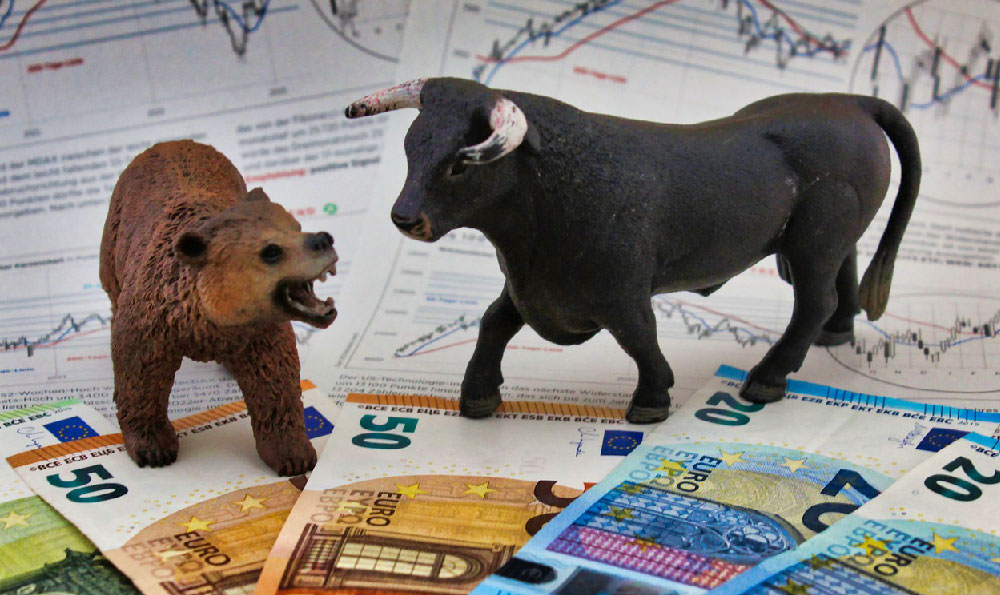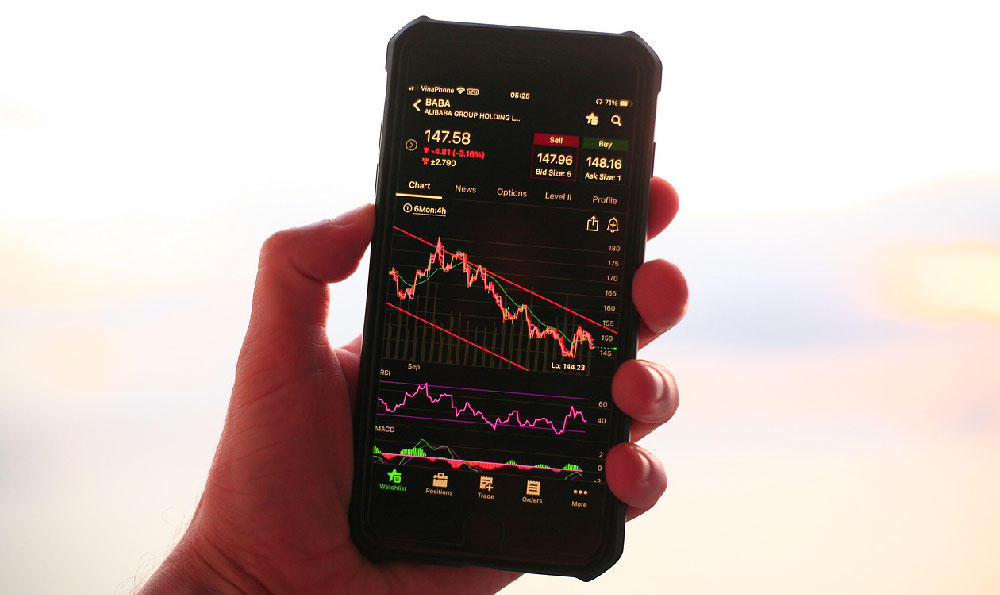Forex trading, or foreign exchange trading, presents a unique opportunity for individuals to engage in the global currency markets and potentially generate substantial returns. However, understanding how to navigate this complex arena requires more than mere curiosity; it demands a combination of foundational knowledge, disciplined approach, and emotional resilience. The allure of forex lies in its accessibility, with digital platforms enabling participation from anywhere at any time, yet its volatility and intricacies make it a double-edged sword for beginners. To harness its potential profitably, one must first grasp the mechanics of currency markets, recognize the diverse strategies available, and cultivate a mindset that prioritizes risk management over short-term gains.
At its core, forex trading revolves around the exchange of one currency for another, driven by factors such as interest rates, geopolitical events, economic indicators, and market sentiment. Unlike stock trading, which is confined to exchanges like the New York Stock Exchange, forex operates around the clock, five days a week, reflecting its status as the world's largest and most liquid financial market. Currencies are traded in pairs, such as EUR/USD or GBP/JPY, where one currency's value is determined relative to another. The concept of leverage, often cited as a key feature, allows traders to control larger positions with a fraction of capital, amplifying both potential profits and losses. While leverage can be a powerful tool, it is not inherently beneficial—it demands strict adherence to risk management principles to prevent catastrophic outcomes.
For a beginner, the initial step is to familiarize oneself with the terminology and tools essential to forex trading. Understanding terms like "pip" (the smallest price movement), "lot" (the standard unit of trading), and "spread" (the difference between buy and sell prices) is crucial. Additionally, platforms like MetaTrader 4 or 5 offer customizable interfaces with real-time data, charting capabilities, and automated trading features. The choice of broker is equally important, as factors such as regulatory compliance, transaction costs, and customer support can significantly impact the trading experience. Opting for a reputable broker that provides transparent pricing and reliable execution is the first pillar of a successful forex strategy.

Profitability in forex hinges on identifying patterns and opportunities that align with one's investment horizon. Technical analysis, which examines historical price data and charts, is a popular method among many traders. Tools like moving averages, Fibonacci retracements, and candlestick patterns help in predicting short-term price movements. Conversely, fundamental analysis delves into economic data, central bank policies, and global events to assess the long-term value of currencies. A balanced approach, integrating both methodologies, often proves more effective. For example, a trader might use fundamental analysis to determine the overall direction of a currency pair and technical analysis to pinpoint the optimal entry and exit points.
Risk management is the cornerstone of sustainable forex trading. Every trade carries inherent risks, and without proper safeguards, even the most promising strategies can lead to significant losses. Setting clear stop-loss levels to limit potential downturns, maintaining a diversified portfolio to avoid overexposure to a single currency, and adhering to strict position sizing rules are essential practices. Additionally, employing a demo account to practice strategies without risking real capital can provide invaluable experience. Many successful traders emphasize the importance of preserving capital, as losing it undermines long-term profitability.
The psychological aspect of forex trading often receives less attention than technical or fundamental factors, yet it is equally critical. Emotions such as fear, greed, and impatience can cloud judgment and lead to irrational decisions. For instance, holding onto a losing position out of hope for a miraculous reversal or prematurely exiting a profitable trade due to anxiety are common pitfalls. Developing a trading plan with predefined rules for entry, exit, and risk tolerance helps in maintaining discipline. Moreover, maintaining a steadfast mindset and avoiding overtrading are vital to long-term success.
In addition to these core elements, staying informed about market developments and continuously educating oneself is paramount. The forex market is influenced by a myriad of factors, including economic reports, inflation data, and geopolitical tensions, which require constant monitoring. Subscribing to financial news platforms, following economic calendars, and analyzing market trends can provide insights into potential opportunities. Furthermore, engaging with online forums, webinars, or professional courses helps in refining skills and staying updated on evolving strategies.
Ultimately, forex trading is not a shortcut to wealth but a journey that requires patience, practice, and persistence. Success is often the result of consistent execution of strategies, rather than relying on luck or overconfidence. For beginners, the key lies in starting with small trades, gradually increasing exposure as confidence and experience grow. By combining a thorough understanding of market dynamics, disciplined risk management, and emotional control, traders can transform forex from a risky endeavor into a viable path for financial growth. However, it is important to approach this with caution, recognizing that while profits are possible, the market's volatility necessitates a well-structured plan and unwavering commitment to learning.












